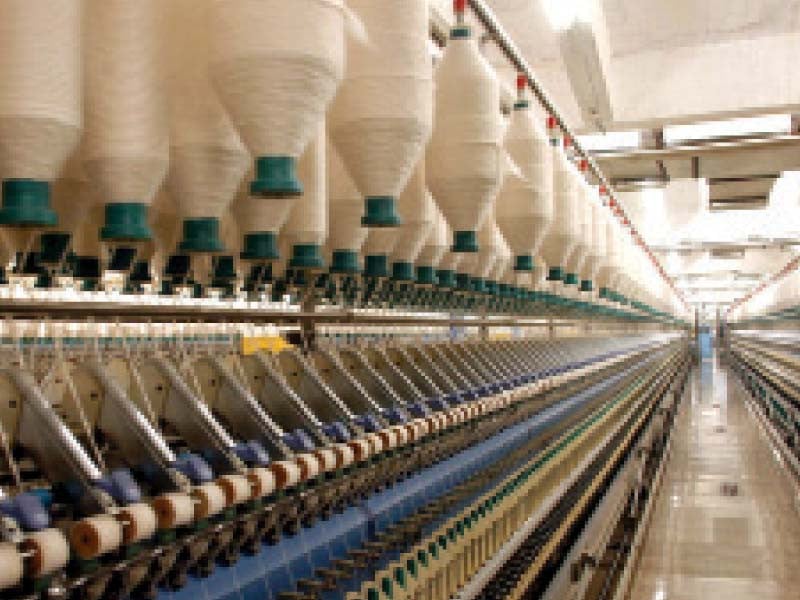
The banks’ outstanding credit to the private sector surged 17% over the past one year to Rs9.96 trillion at the end of February, as the government’s pro-growth policies motivated businesses to expand their production lines despite mounting lending rate and inflation reading.
The outstanding credit to the private sector (advances) stood at Rs8.52 trillion a year ago in February 2020, according to State Bank of Pakistan’s (SBP) data.
The government and the central bank’s focus on economic activities in the wake of peaking off inflation reading kept businesses optimistic and encouraged them to invest for expansion and borrow money from the financial institutions to run their day-to-day business, analysts said.
The outstanding borrowing by textile manufacturers spiked to Rs1.43 trillion by the end of February compared to $1.13 trillion in the same month of the previous year, according to Pakistan central bank’s data.
Borrowing by manufacturer of basic metals (mostly steel) grew to Rs241.5 billion in the month compared to Rs183.43 billion in the same month of the last year.
Manufacturers of motor vehicles, trailers and semi-trailers’ outstanding borrowing surged to around Rs73 billion compared to Rs43.21 billion.
Borrowing by construction sector (that is mainly involved in residential and non-residential projects) rose to Rs166.9 billion by the end of February 2022 compared to Rs129.74 billion a year ago.
The outstanding personal loans (mostly for buying houses and cars) increased to Rs1.03 trillion in February compared to Rs813.44 billion, the central bank data showed.
The increased borrowing is also reflected by output in related sectors of the economy. Pakistan’s exports -with the textile sector in lead - grew 26% in the first eight months (July-February) of current fiscal year to $25.1 billion compared to the same period of previous year, according to the Pakistan Bureau of Statistics (PBS).
Other businesses that continued to report higher production in the ongoing fiscal year in Pakistan included large scale manufacturing. Its output surged 7.6% in the first seven months (July-January) of current fiscal year 2022 compared to the same period of previous year, according to Arif Habib Limited (AHL).
Car sales increased 57% to 178,300 units in the first eight months of FY22 compared to the same period of last year.
The power production rose by 9.3% to in the first seven months of the year compared to the corresponding period of the previous year, the research house said.
The latest production numbers suggests that economic growth would remain high at around 5% in current fiscal year, analysts said.
They said that major growth in credit to the private sector came from the central bank’s subsidised financing scheme for industrialisation in the country known as Temporary Economic Refinance Facility (TERF). The central bank introduced the scheme in March 2020 to help businesses continue investing in production despite Covid-19 pandemic.
The businesses borrowed a massive Rs436 billion under the scheme. The textile sector remained the lead borrower under TERF as well after it received significantly high export orders during testing times of pandemic.
The small and medium-sized enterprises (SMEs) also availed TERF to expanding their production lines, according to central bank.
Published in The Express Tribune, March 27th, 2022.
Like Business on Facebook, follow @TribuneBiz on Twitter to stay informed and join in the conversation.







1719053250-0/BeFunky-collage-(5)1719053250-0-270x192.webp)










COMMENTS (1)
Comments are moderated and generally will be posted if they are on-topic and not abusive.
For more information, please see our Comments FAQ